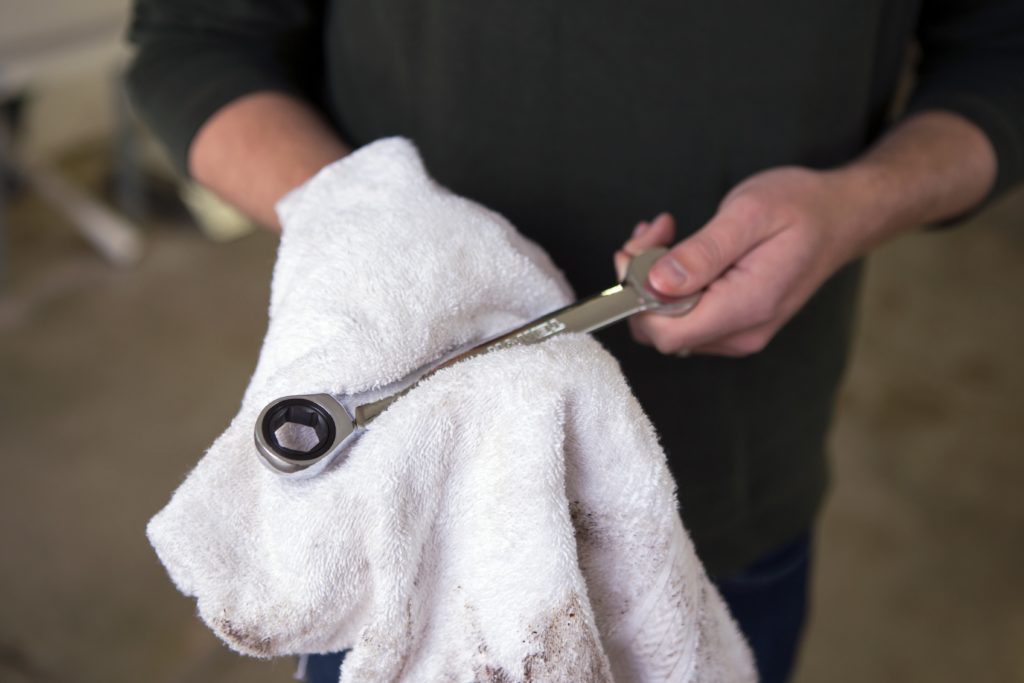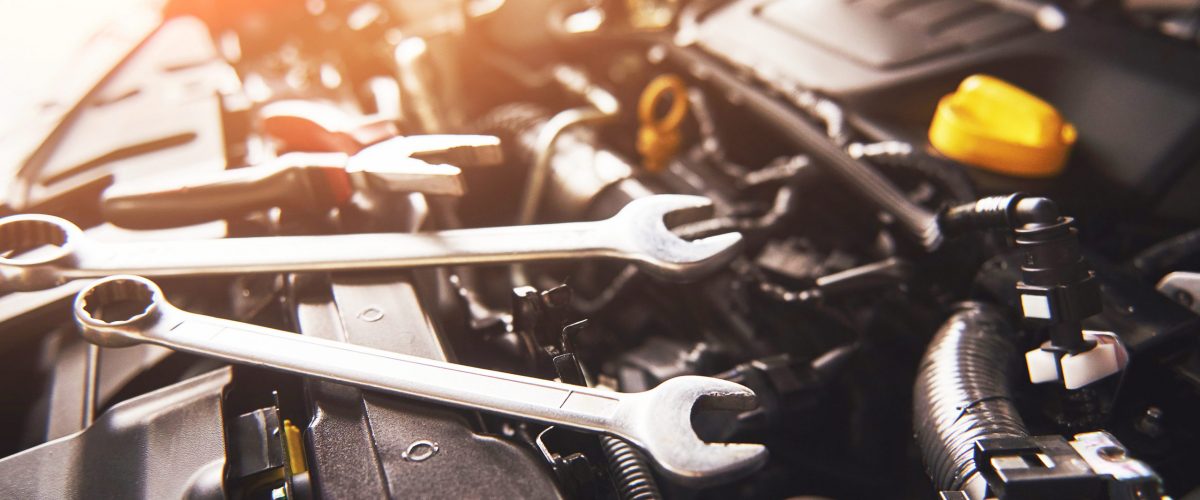As the saying goes, prevention is better than cure and this applies to vehicle maintenance too!
There are 3 main types of maintenance service your vehicle needs and in order to get the best out of your vehicle and to keep it running optimally, all motorists should adhere to the car manufacturer’s service intervals.
When it comes to the type of service your vehicle is due for, largely depends on your car’s mileage. These are the different types of scheduled maintenance options:
- Basic service: This type of service is the most common and is routinely performed. In most cases it includes an oil change and oil filter, air filter and fluid checks, and is usually scheduled at 10,000km or 15,000km intervals. However, you should always refer to your car’s service book or speak to your Original Equipment Manufacturer (OEM) franchise dealer for information.
- Advanced service: This service is generally set at further distance and time intervals, and can include the replacement of spark plugs, fuel filter, and pollen (cabin air) filters among other things.
- Major service: This is performed at even greater time and distance intervals. Major services can include the replacement of critical items such as timing belts and/or timing chains, and a detailed inspection of various mechanical components in your vehicle.

Aside from the actual work performed, a service is also an opportunity for the technician or mechanic to inspect things that you as the owner may not be aware of. Compare it to a visit to the doctor: you can either go when you have an illness, or you can go for a regular check-up and see if they pick up a problem.
Servicing your vehicle means that you will always be aware of the condition of your vehicle. For example, you may not know if your car needs a new wheel bearing or shock absorber, or that your brakes are nearing replacement time.
“Regular services allow the technician or mechanic to check for and inform you of any problem or issue before it becomes costly to replace or even fails completely, which could place both the vehicle and your safety on the road at risk. Mitigating risk at every turn is your responsibility as a vehicle owner,” says Kutlwano Mogatusi, WesBank’s Communications Specialist.






